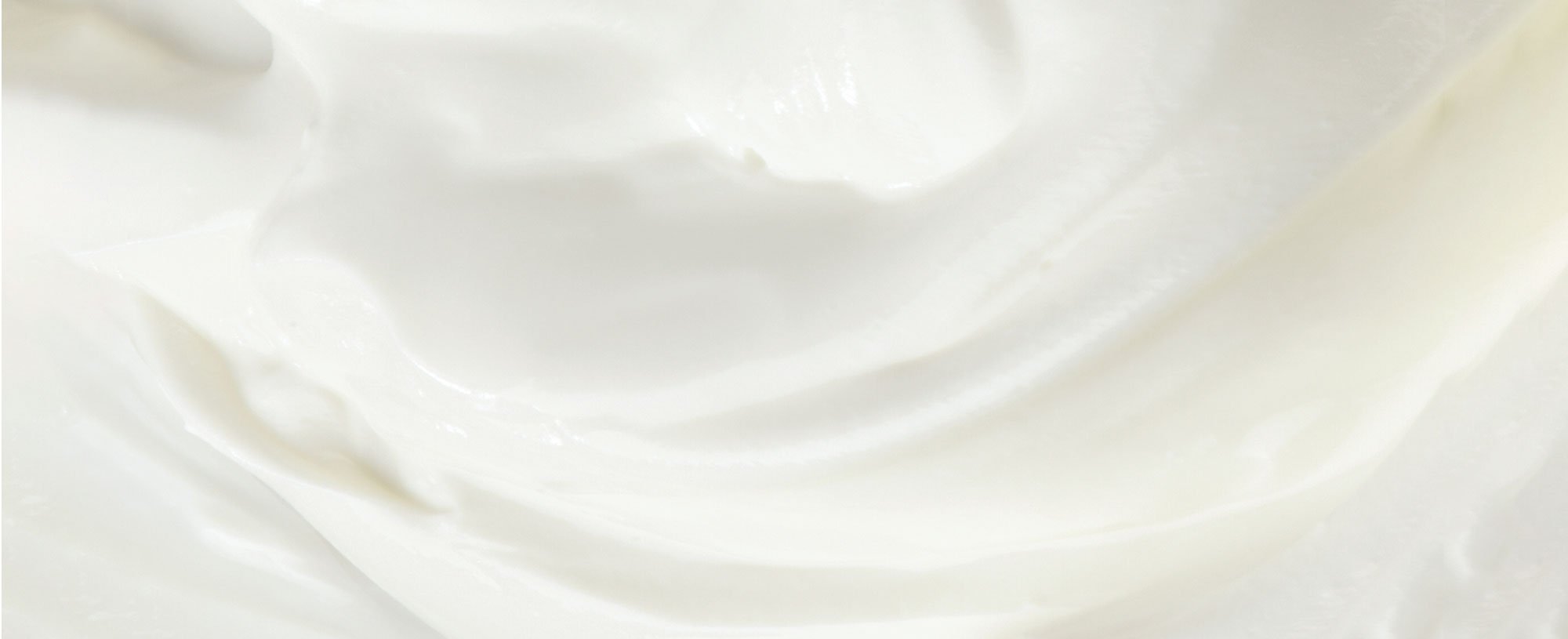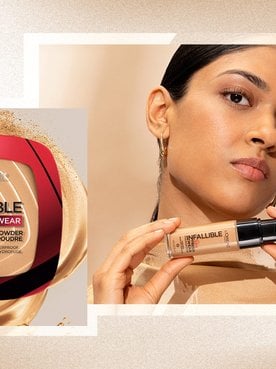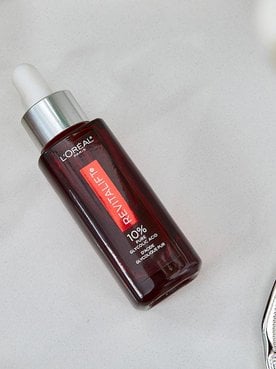It’s no secret that sunscreen is key in any skincare routine. But some people (especially those with oily or acne-prone skin) still skip daily sun protection, fearing that it will make their face appear shiny or trigger the appearance of blemishes. That’s where water-based sunscreen can come in—these hydrating formulas can help protect your skin without leaving behind a greasy residue. Even if you already wear sunscreen every day, you might want to consider opting for a water-based option. Ahead, we’re explaining why, with a deep dive into all the benefits of using a water-based sunscreen for your face. Plus, we’re sharing our best water-based sunscreen to add to your skincare repertoire. Keep scrolling for all the latest on this sun protection star.

What Is Water-Based Sunscreen?
As its name may suggest, a water-based sunscreen is a type of sunscreen in which water (as opposed to oil) is the main ingredient. For the most part, it’s not much different than other sunscreen formulas. The primary purpose of any sunscreen is still to protect your skin against damaging UV rays. Water-based face sunscreen, however, can help restore hydration at the same time. It also tends to absorb quickly and doesn’t give skin a slick appearance.
Water-based sun protection is often recommended for those with oily or sensitive skin, but there are options for all skin types. Take our best water-based sunscreen, the L’Oréal Paris Bright Reveal Broad Spectrum SPF 50 Daily UV Lotion, for example. The antioxidant-infused formula helps immediately moisturize your skin and fend off free radicals that can contribute to visible signs of skin aging. With daily use, you’ll notice that skin appears brighter, smoother, and more even-looking. It’s suitable for all skin types, and it has an invisible non-greasy texture that works well for all skin tones.
Shop the Product
How To Know if Sunscreen Is Water-Based
Checking the ingredient label is the easiest way to determine whether you’re working with a water-based sunscreen. In most cases, you’ll see water (or aqua) listed as the first component. The packaging on these types of formulas may also include callouts like "oil-free" or "non-comedogenic," which can specify that they’re free of heavy pore-clogging oils.
Ingredient labels aside, your sunscreen’s consistency can also indicate whether H2O is the base of your formula. Generally, a water-based sunscreen has a lightweight, gel-like texture that rapidly absorbs into your skin without leaving a greasy residue or white cast.
Benefits of Water-Based Sunscreens
Your skin type and concerns should dictate the kind of sunscreen you pick up, but there are a few benefits of water-based face sunscreens that are hard to pass up. These include:
1. They have a lightweight finish
As mentioned above, water-based sunscreens are normally lighter and more breathable. When applied, you may notice that they absorb quickly into your skin for a lightweight feel. Oil-based sunscreens are still a great option, but they’re usually a bit thicker and work best for those seeking longer-lasting moisture.
2. They’re suitable for oily skin
Although it may seem counterintuitive, oily skin needs just as much moisture as other skin types. Keeping skin hydrated can help prevent your sebaceous (or oil) glands from working overtime and contributing to a slick appearance. Using a water-based sunscreen for oily skin can help leave skin feeling refreshed and moisturized without adding a greasy sheen.
3. They layer well with makeup
Water-based sunscreen tends to have a lightweight, non-greasy consistency that is great for layering with makeup. A formula that’s too thick or doesn’t absorb as quickly may be more prone to pilling.
For even better luck with layering, try pairing your water-based sunscreen with other water-based formulas, like moisturizers and foundation. This can help further reduce pilling and extend the life of your makeup looks.
Is water-based or oil-based sunscreen better?
The title of “better” sunscreen is entirely subjective: Your skin type, lifestyle, and preferences can all play a role in helping you select the right one for you. Generally speaking, those with greasy, breakout-prone skin may prefer a water-based face sunscreen that feels lightweight and has non-comedogenic properties. Someone with dry or combination skin, on the other hand, might prefer an oil-based sunscreen that can help provide extra nourishment. If you’re unsure what type of sunscreen is right for you, we recommend speaking with your dermatologist. They can help you find something that will suit your skin.
Remember: Whether you favor an oil- or water-based sunscreen, it’s always a good idea to pick one with an SPF (sun protection factor) of at least 15, according to the Food and Drug Administration (FDA).
How Do You Apply Water-Based Sunscreen?
Typically, you should apply water-based sunscreen as the last step in your daytime skincare routine (after moisturizer but before makeup). The key is to apply enough of the formula to generously cover your skin. If you’re using a facial sunscreen, that includes your face, ears, exposed scalp, and neck. With body sunscreen, you’ll want to use it on any exposed parts of your body—and don’t forget small spots like the tops of your feet. It’s also important not to wait to apply until you get outside. You should apply sunscreen 15 minutes before sun exposure to get the maximum benefit.
Once you finish your first application, remember that it won’t keep your skin protected all day. The FDA advises reapplying at least every two hours (more often if you’re sweating a lot or going swimming). You’ll also want to take other protective measures, including wearing protective accessories (like a hat and sunglasses) and staying in the shade when possible.
Next Up: Mineral and Chemical Sunscreen: What's the Difference?
Photo Courtesy of L'Oréal Paris







